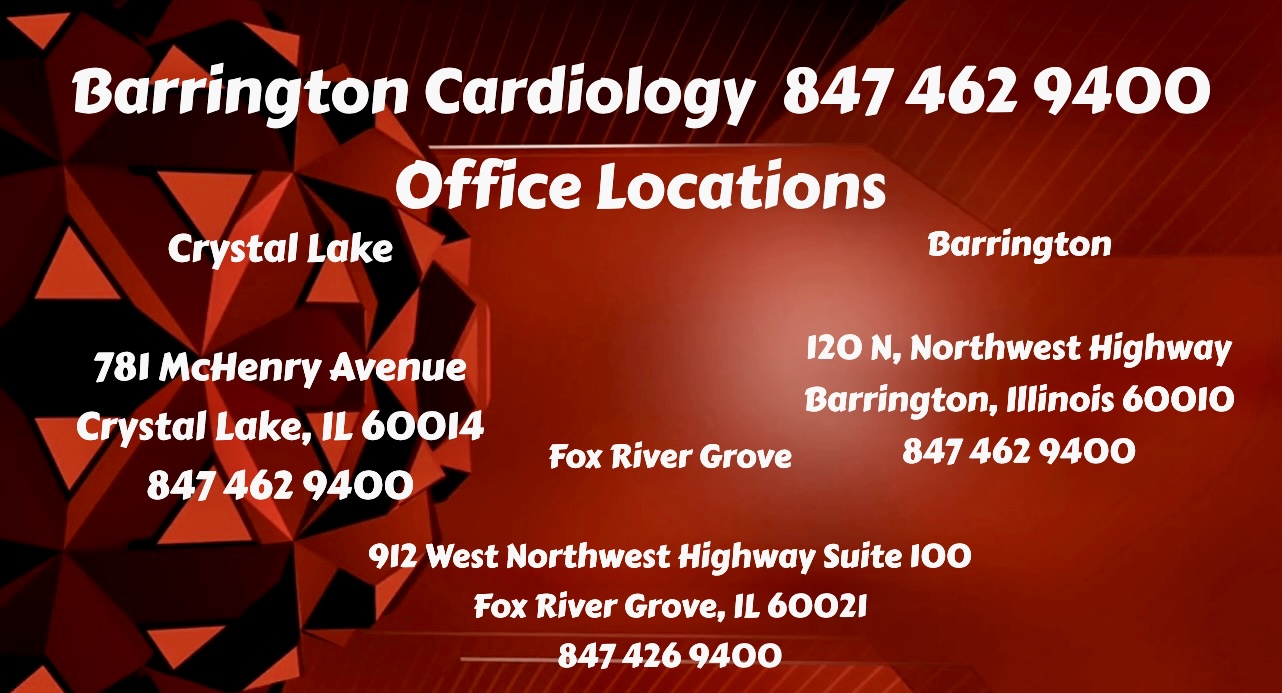The leadless cardiac pacemakers were “developed to mitigate complications by eliminating the need for a subcutaneous pocket and transvenous leads,” wrote the authors of a study published in Heart Rhythm.1 “These devices are small (~1 cm3), entirely self-contained units that are delivered via a transfemoral venous catheter and affixed in the right ventricle” via an active or a passive fixation mechanism.

A new generation of pacemakers is getting FDA approved with great success in decreasing the usual 12% rate of complications of a pacemaker implant
I’m always for new technology and I’m getting ready for my new implant

Let’s look at risk and benefit ratio
Benefits
Reduces the complications related to the device.- the generator implanted under the skin , which is the “ computer “ that reads and decides the lead action . These complications include pneumothorax and cardiac perforation, infection, pocket erosion, and lead fracture.
Disadvantages
“ Controls and deliver a paced beat to the ventricle only “ . It means a single lead pacemaker , which only about 10% of patients requiring pacemakers in the United States would benefit from
Mild increase of pericardial effusion – fluid around the heart , which can be a serious complication


